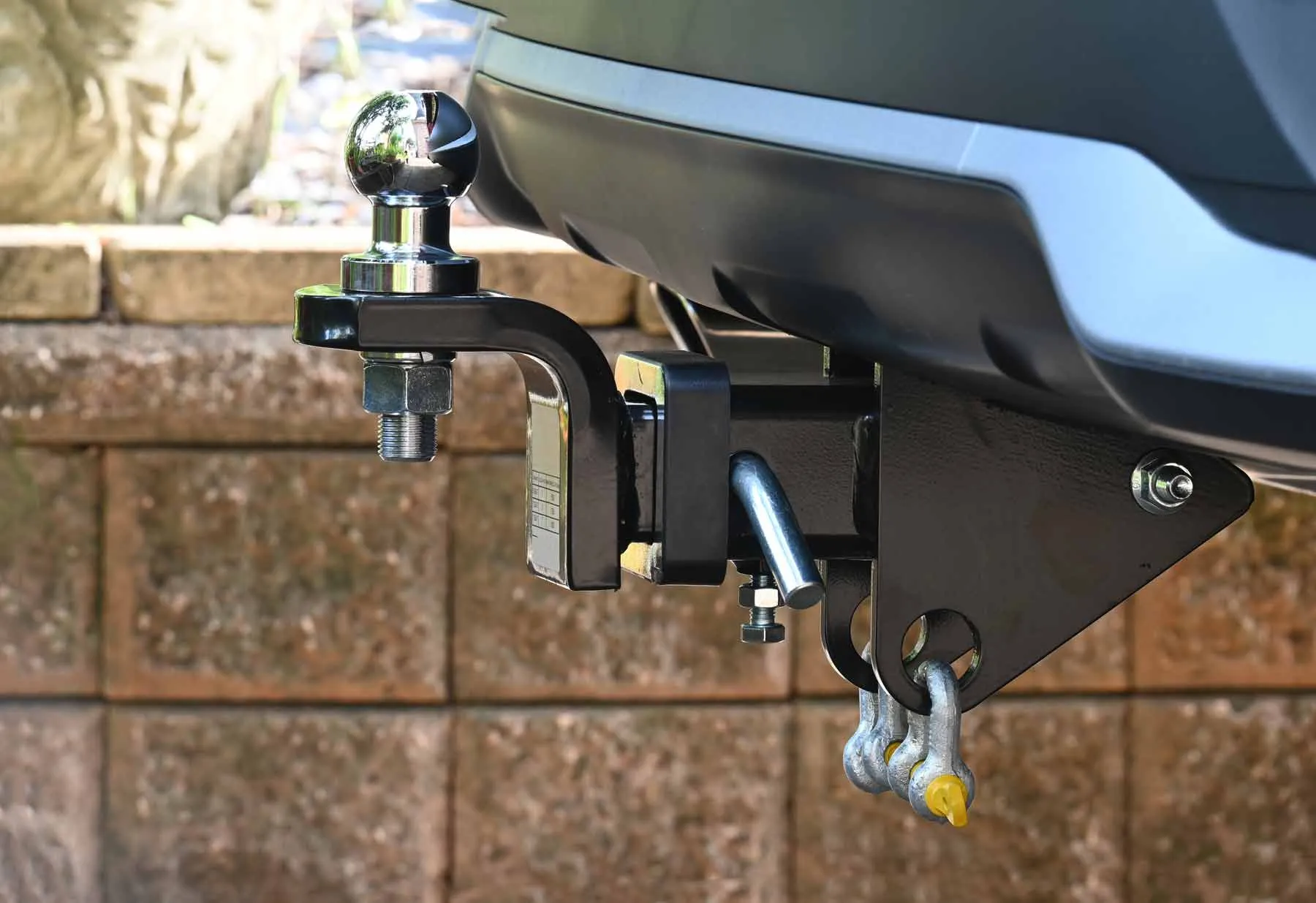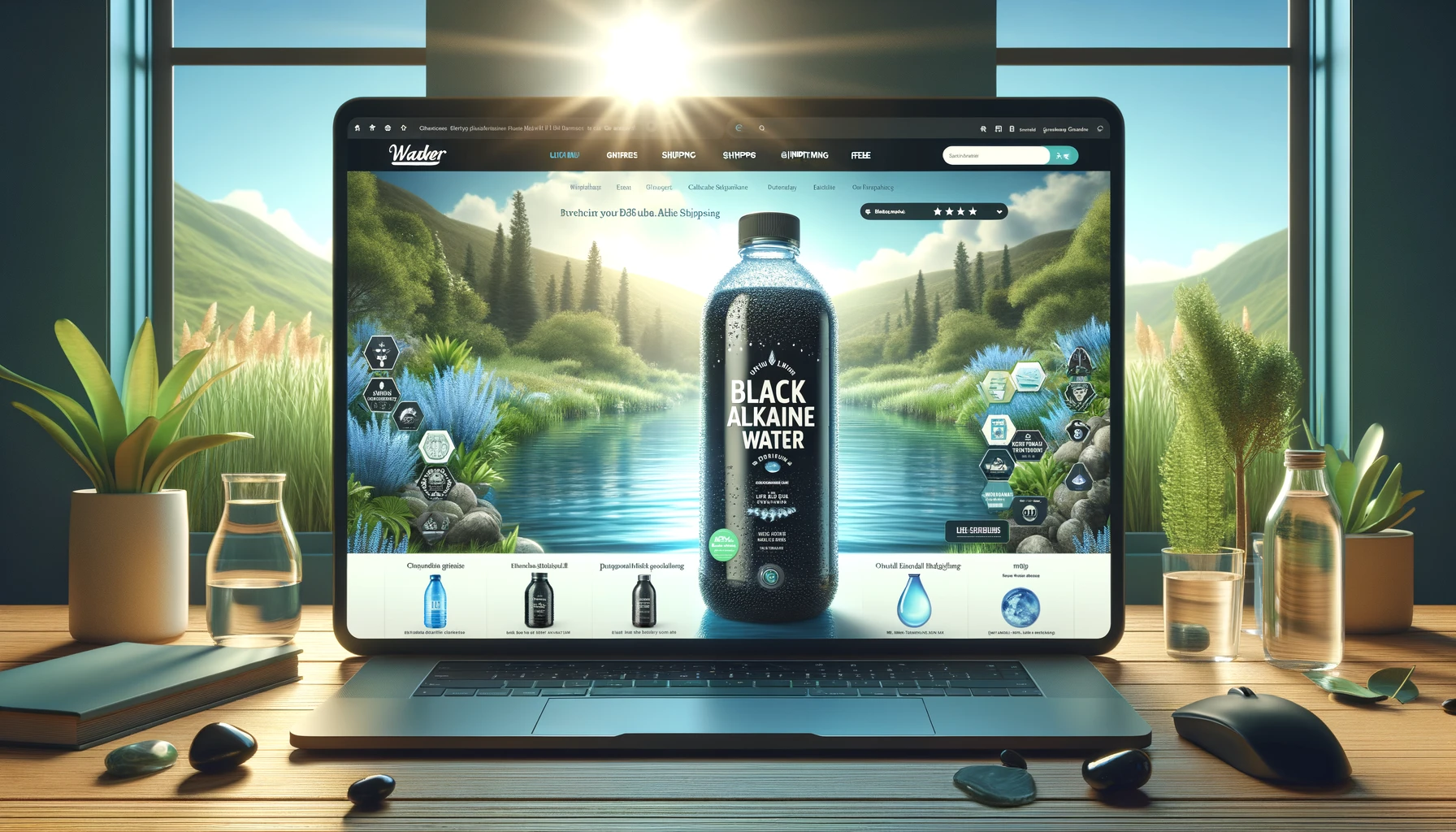Table of Contents
Did you know that 84% of people who enjoy alcoholic beverages use restaurants to try out new options? If you’re in the food and beverage business, that means you need to know the rules about having alcohol in your establishment. Your longevity as a business may depend on it.
Read on to learn everything you need to know about serving alcohol in your business!
Consider the Impact of Selling Alcohol
Before going through the process of getting a license, it pays to consider the ramifications of doing so. Plus, you’ll need to be prepared for an involved process to obtain the right license.
For example, you’ll need to pay startup costs to establish a bar with the right equipment to keep glassware sanitized. You’ll also need to invest in insurance and other fees applicable to your region.
Getting a license can make your restaurant more appealing to individuals who enjoy a glass of wine or cocktail with their meals. You’ll be able to serve inventive concoctions and build an audience. A license also can translate to bigger sales, since alcoholic beverages tend to be costlier menu items.
On the downside, a liquor license could be a turnoff for individuals seeking a more family-friendly dining experience. Alcohol can trigger extreme reactions in people and could lead to tense situations. You’ll need to be monitoring alcohol consumption constantly to avoid these scenarios.
Understand the Different Types of Licenses
To serve alcohol, you’ll need a liquor license. But not all licenses are the same, and the type you get may hinge on the type of business you run.
If you run a restaurant, you’ll probably want an all-liquor license. As the name implies, there are no restrictions on what you can serve. So, you can keep a bar stocked with wine, hard liquors, and beers.
If you want to streamline your operations, a beer and wine license may be more appropriate. You won’t be able to create mixed drinks with this type of license. But if you’re low on space or want to save money, this could be a better option.
Other licenses are specific to clubs or hotels. And others may allow carry-out options for wine and beer. Consider the type of establishment you run, your goals, and the options within your state.
Keep in mind that you may need to have licensed servers, as well. In other words, it’s not just the restaurant that needs to be licensed in some places. Check with your local or state licensing board to learn more about regulations in your area.
To get a license, you’ll need to meet strict qualifications. You’ll have to operate a clean restaurant environment with running water and toilet facilities. Make sure you have your ducks in a row before starting the process!
Know the Service Laws
When you’re in the restaurant business, you’ll need to know the rules established by your state’s liquor regulators. And that means you’ll need to keep tabs on alcohol service at all times. You don’t want to put your business or your customers in jeopardy.
Restaurants are not allowed to sell alcohol to individuals under the age of 21. Servers should check all IDs carefully. They should know the signs of a fake ID, too.
You’ll also need to know the rules in your state regarding the minimum age requirement to enter a bar. Some states may not allow individuals under the age of 21 to enter.
Know the rules regarding on-the-job behavior, too. Employees generally are not allowed to drink on the job. And your state may have a minimum age requirement for servers.
Additionally, you’ll need to watch patrons’ behavior. Drinking games are not permitted in most states since they encourage people to get intoxicated.
Failure to comply with these rules could result in injuries or damage to you or your patrons. Failing to comply could also lead to fines and even lawsuits, depending on the outcome of the situation. It’s always better to err on the side of caution.
Train Your Staff
In the service industry, your servers are on the front lines. As a result, they need to be equipped with the knowledge to do their jobs well. Otherwise, you could be held liable if patrons leave your establishment and inflict damage or harm to others.
In most states, service training is a requirement. In fact, having trained employees can protect your business. If your restaurant can show evidence of training credentials, you may not be held liable for patrons’ actions outside the business.
Training can help staff members know how to react in challenging situations. For instance, if you’re a server, you may see an inebriated individual at your business. In that instance, you’ll need to ensure that they do not get a ride home or buy more drinks.
Servers can call a rideshare service to arrange a ride. Or they can make sure the individual has a designated driver on site. They also can reach out to management if a situation escalates.
Servers should know that they can refuse service to individuals who appear to be intoxicated. They also can turn down service to individuals who may be using fake IDs. Laws on your rights and responsibilities may vary by state, so it’s critical to be clear about them in your area.
Restaurants in California should check out California RBS training for employees. Training is required in this state, and the program ensures that servers understand their responsibilities on the job.
As a restaurant industry owner, watch your staff and take corrective action if you observe problems. Consider offering refresher training even to seasoned servers. And talk about the consequences of failing to check IDs or continuing to serve intoxicated people.
Know Everything About Serving Alcohol
Serving alcohol can elevate the experience for diners at your establishment. But as the one running the business, you’ll need to be clear about local and federal laws governing alcohol service. Make sure your staff members are trained, and be clear about what your alcohol license lets you do.
Learn more about the latest trends in the restaurant industry. Check back soon for new articles!




